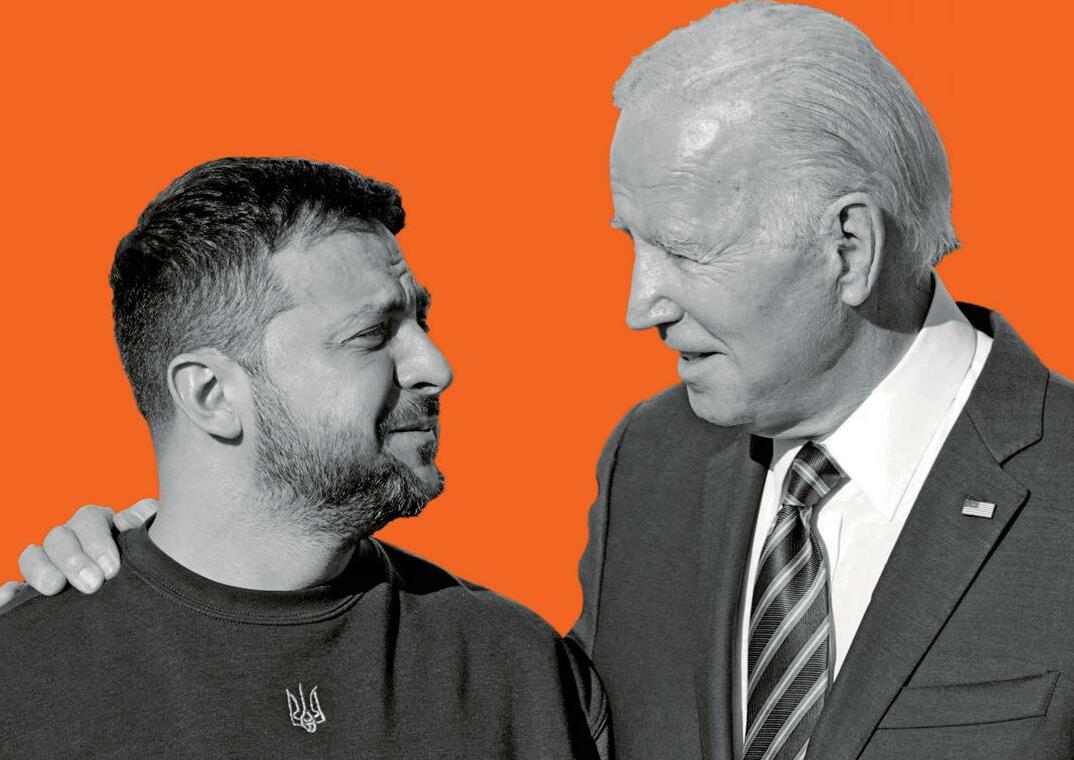
The "war on terror" provided political cover for the further pursuit of supremacy, despite threatening democratic government with lies, fraud and violence.
George W Bush's rash actions did provoke some murmurs of concern about the damage being inflicted but these faded from the corridors of power. Instead the US has refused to move on, believing that countries are "either with us or against us".
The key to US strength has been its ability to dominate three regions of the world for security and economic reasons: western Europe, east Asia and the Middle East.
American power depends on preventing the emergence of a dominant rival on the Eurasian landmass or a single power in the Gulf controlling the majority of the world's oil reserves. Nonetheless the present-day coalitions emerging could lead to these outcomes.
History suggests that when one great power becomes too powerful it is defeated by the counter-balancing efforts of the other major powers. Vladimir Putin's unlawful invasion of Ukraine has thrown into sharp relief how differently the conflict is viewed by US allies and the rest of the world. It is the latter's expanding trade with Moscow that helps Russia dodge western sanctions.
This, along with China's rise, has exposed US attempts to maintain its "unipolar" power in the international political system, which it obtained after the Soviet Union collapsed in 1989.
هذه القصة مأخوذة من طبعة March 24, 2023 من The Guardian Weekly.
ابدأ النسخة التجريبية المجانية من Magzter GOLD لمدة 7 أيام للوصول إلى آلاف القصص المتميزة المنسقة وأكثر من 9,000 مجلة وصحيفة.
بالفعل مشترك ? تسجيل الدخول
هذه القصة مأخوذة من طبعة March 24, 2023 من The Guardian Weekly.
ابدأ النسخة التجريبية المجانية من Magzter GOLD لمدة 7 أيام للوصول إلى آلاف القصص المتميزة المنسقة وأكثر من 9,000 مجلة وصحيفة.
بالفعل مشترك? تسجيل الدخول

The Saudi football World Cup is an act of violence and disdain
Well, that's that then. In the event there were only two notes of jeopardy around Fifa's extraordinary virtual congress last week to announce the winning mono-bids, the vote without a vote, for the right to host the 2030 and 2034 football World Cups.

AI has made the move into video and it's worryingly plausible
I recently had the opportunity to see a demo of Sora, OpenAI's video generation tool, which was released in the US last Monday, and it was so impressive it made me worried for the future.

With tyrant Assad ousted, Syrians deserve support and hope
Last week, time collapsed. Bashar al-Assad's fall recalled scenes across the region from the start of the Arab spring almost 14 years ago. Suddenly history felt vivid, its memories sharpened. In fact it no longer felt like history.

TV
The Guardian Weekly team reveals our small-screen picks of the year, from the underground vaults of post-apocalyptic Fallout to the mile-high escapism of Rivals

Albums
Murky love stories, nostalgic pop and an in-your-face masterpiece captured our critics' ears in 2024

Film
Visual language, sound, light and rhythm are to the fore in the best movies of the year

Hidden delights Our 24 travel finds of 2024
Guardian travel writers share their discoveries of the year, from Læsø to Lazio

'It's really a disaster' The fight to save lives as gang war consumes capital
Dr James Gana stepped out on to the balcony of his hospital overlooking a city under siege. \"There's a sensation of 'What's next?'. Desperation is definitely present,\" the Médecins Sans Frontières (MSF) medic said, as he stared down at one of scores of camps for displaced Haitians in their country's violence-plagued capital.

Trailblazers The inspiring people we met around the world this year
From an exuberant mountaineer to a woman defiantly facing the guns of war, here are some of the brave individuals who gave us hope in a tumultuous 2024

Votes of confidence
From India to Venezuela and Senegal to the US, more people voted this year than ever before, with over 80 elections across the world. With rising authoritarianism and citizen-led resistance revealing its vulnerabilities and resilience in the face of unprecedented challenges, has democracy reached its breaking or turning point?